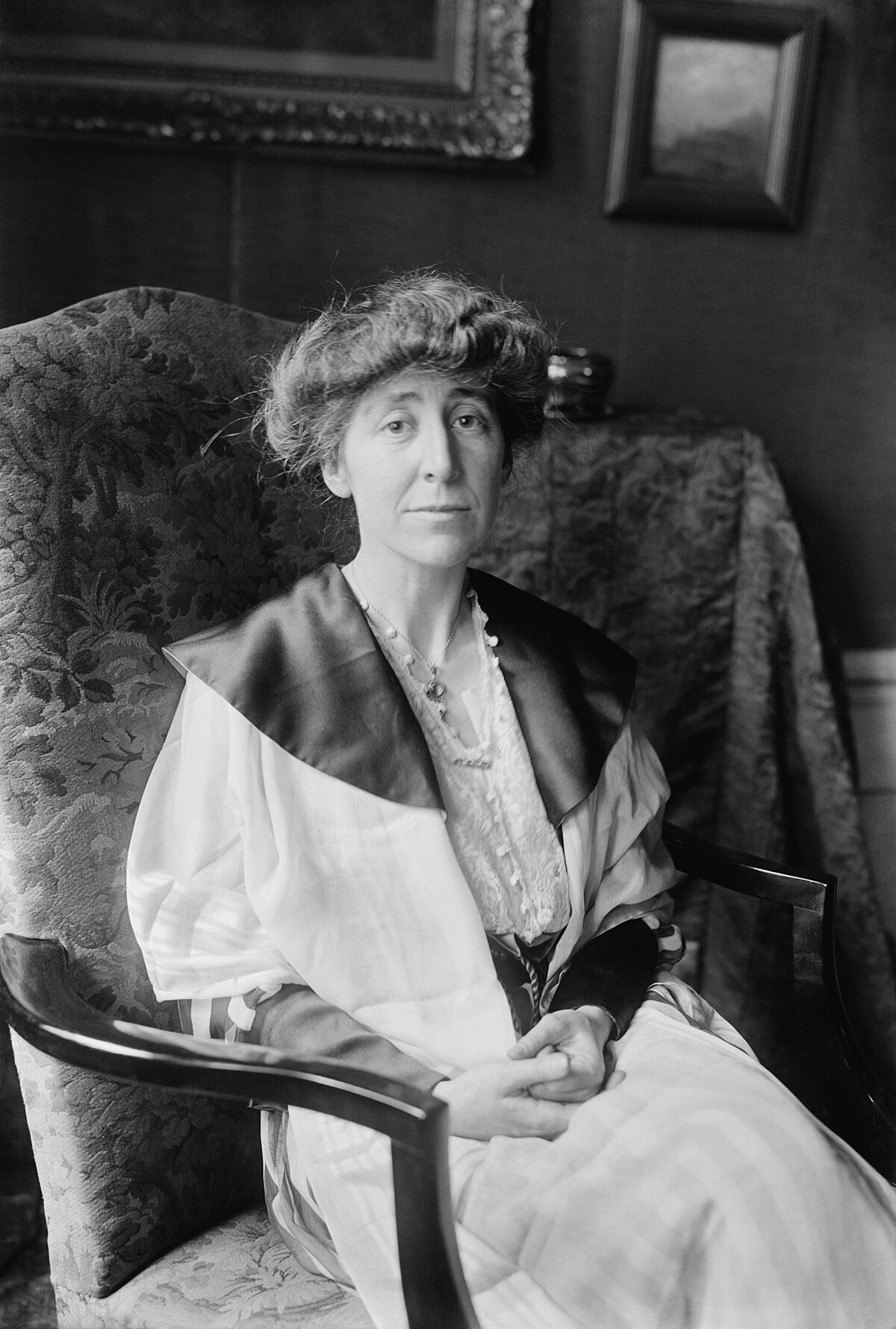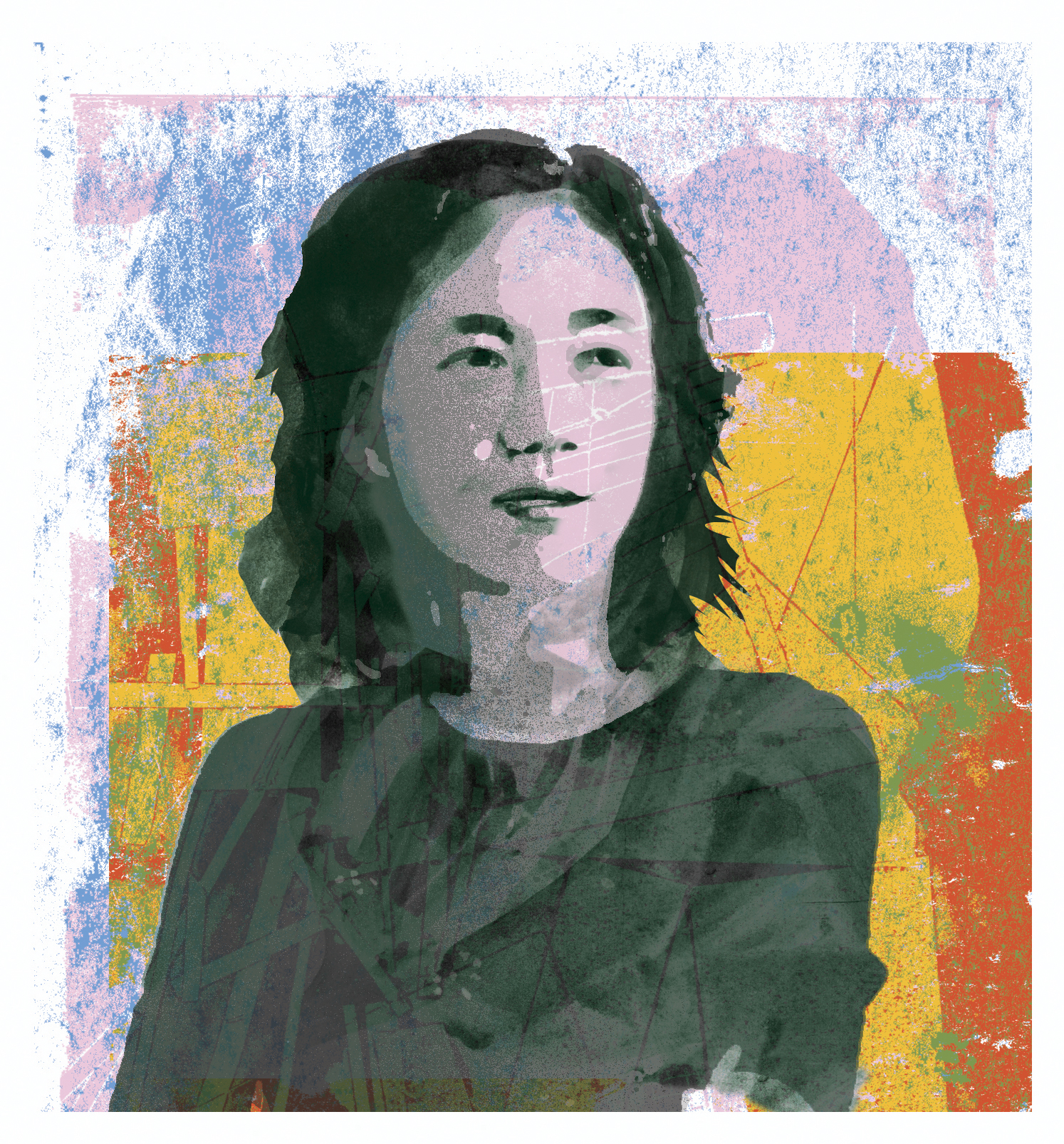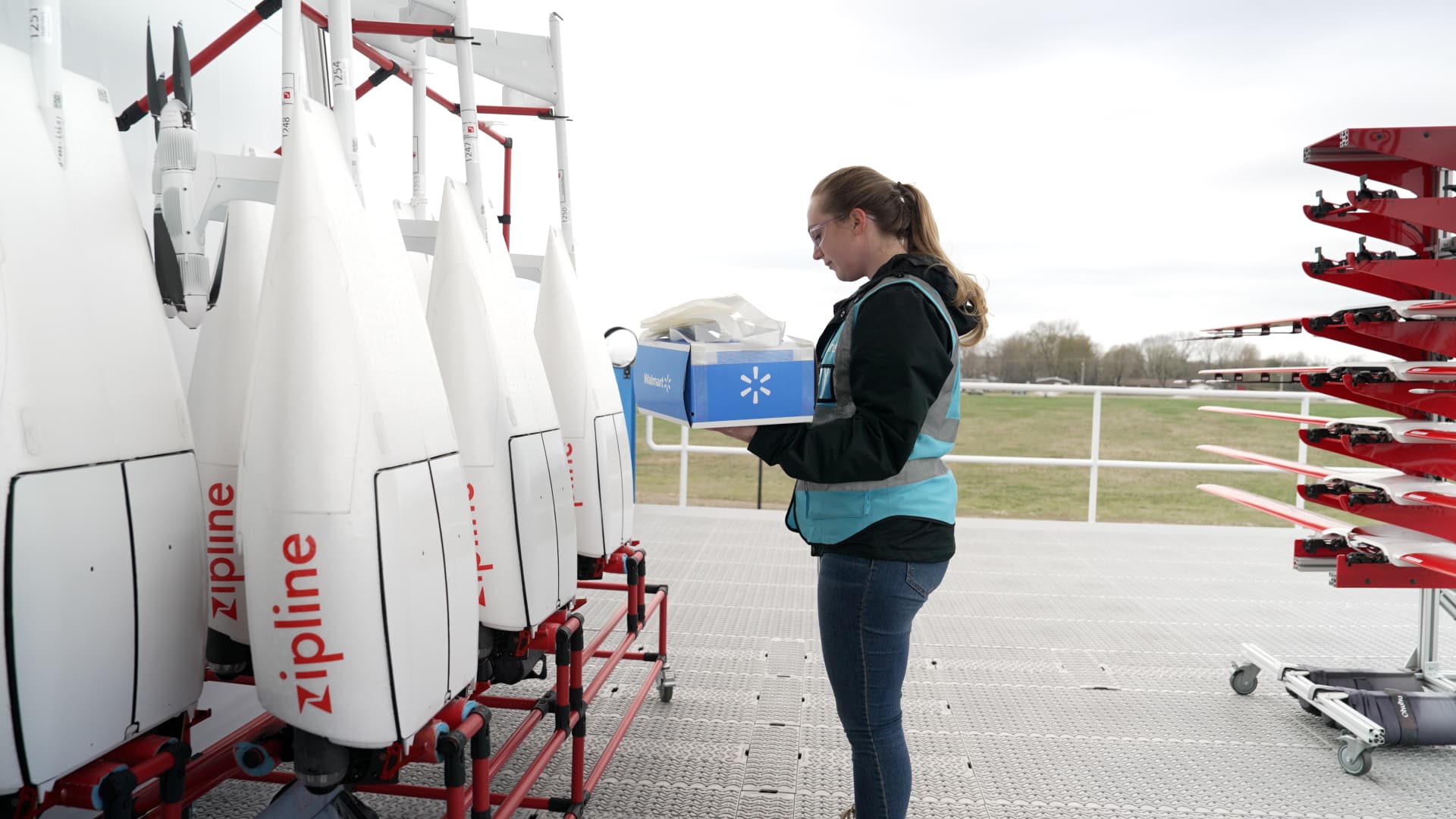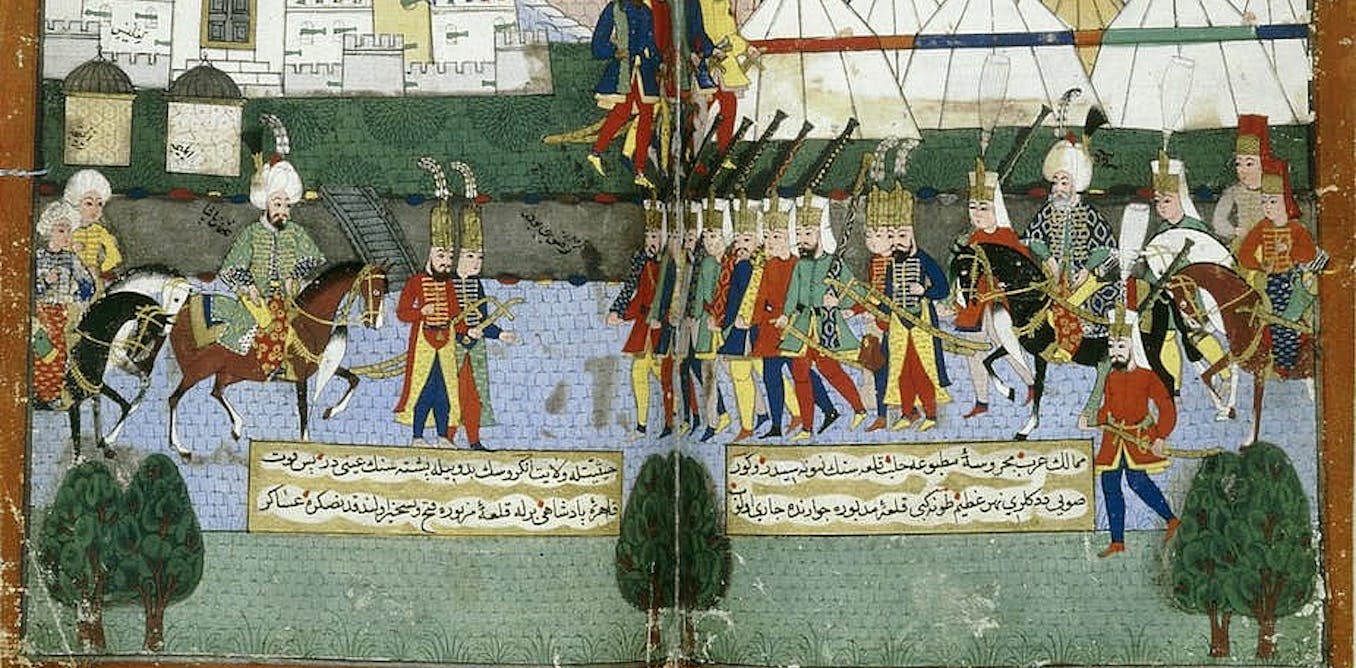
What the Ottoman Empire can teach us about the consequences of climate change – and how drought can uproot peoples and fuel warfare
Andrea Duffy does not work for, consult, own shares in or receive funding from any company or organization that would benefit from this article, and has disclosed no relevant affiliations beyond their academic appointment.
In the late 16th century, hundreds of bandits on horseback stormed through the countryside of Ottoman Anatolia raiding villages, inciting violence and destabilizing the sultan’s grip on power
Four hundred years later and a few hundred miles away in the former Ottoman territory of Syria, widespread protests escalated into a bloody civil war in 2011 that persists to this day.
These dark episodes in Mediterranean history share key features that offer a warning for the future: Both forced waves of people from their homes. Both were rooted in politics and had dramatic political consequences. And both were fueled by extreme weather associated with climate change.
As an environmental historian, I have researched and written extensively about conflict and environmental pressures in the Eastern Mediterranean region. While severe droughts, hurricanes, rising oceans and climate migration can seem new and unique to our time, past crises like these and others carry important lessons about how changing climates can destabilize human societies. Let’s take a closer look.
Leave a Comment
Related Posts
Picture This: A National Climate Change Viewer that Helps Land Managers and Decision Makers Plan for Climate Change
Comment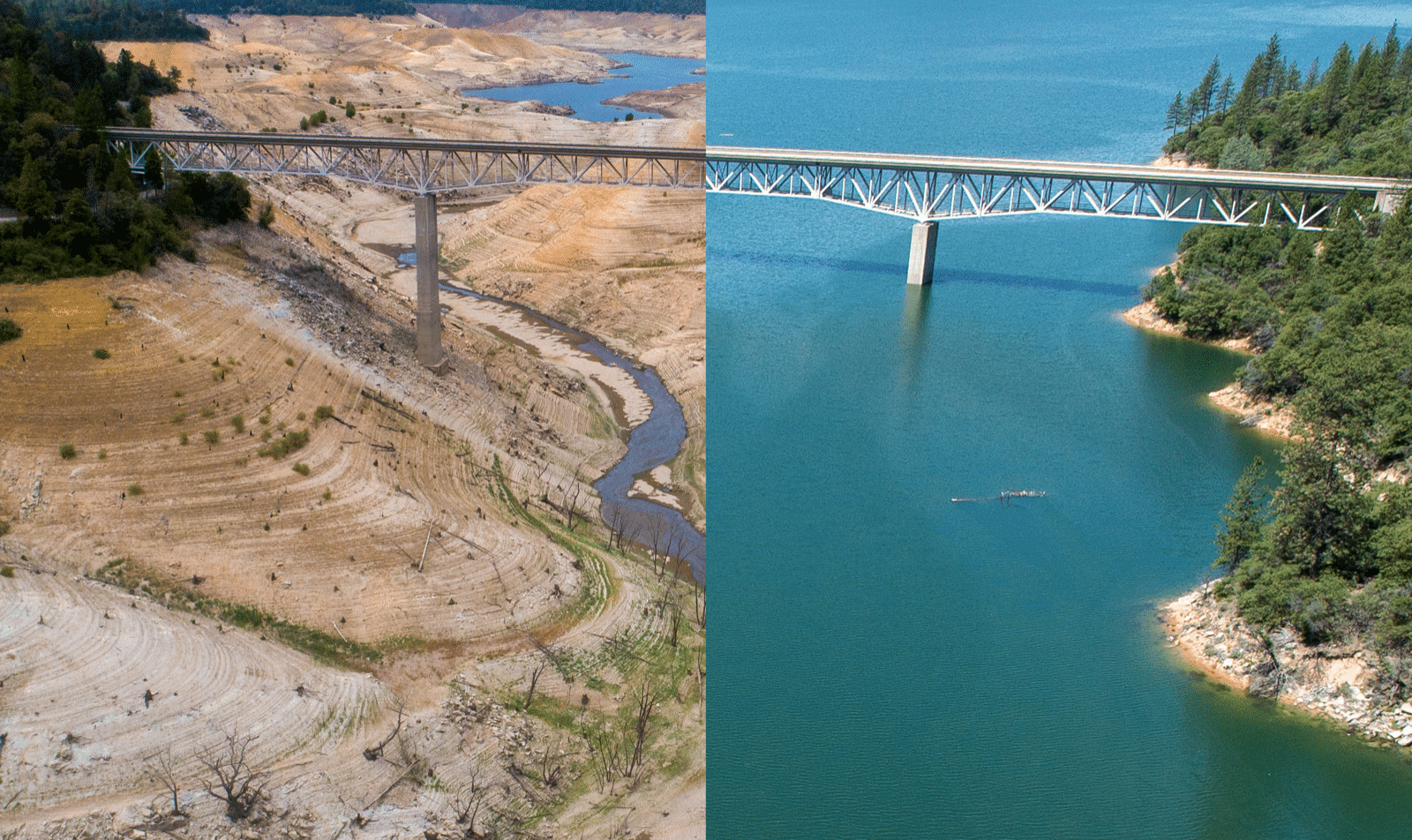

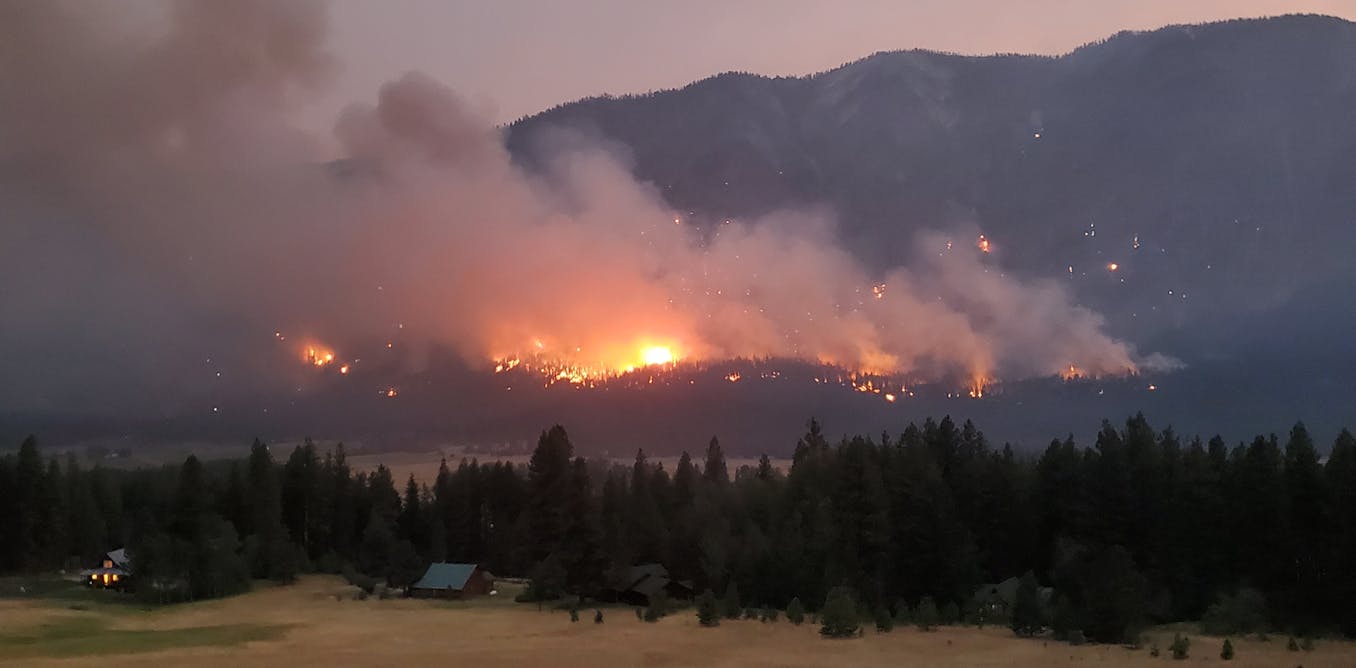


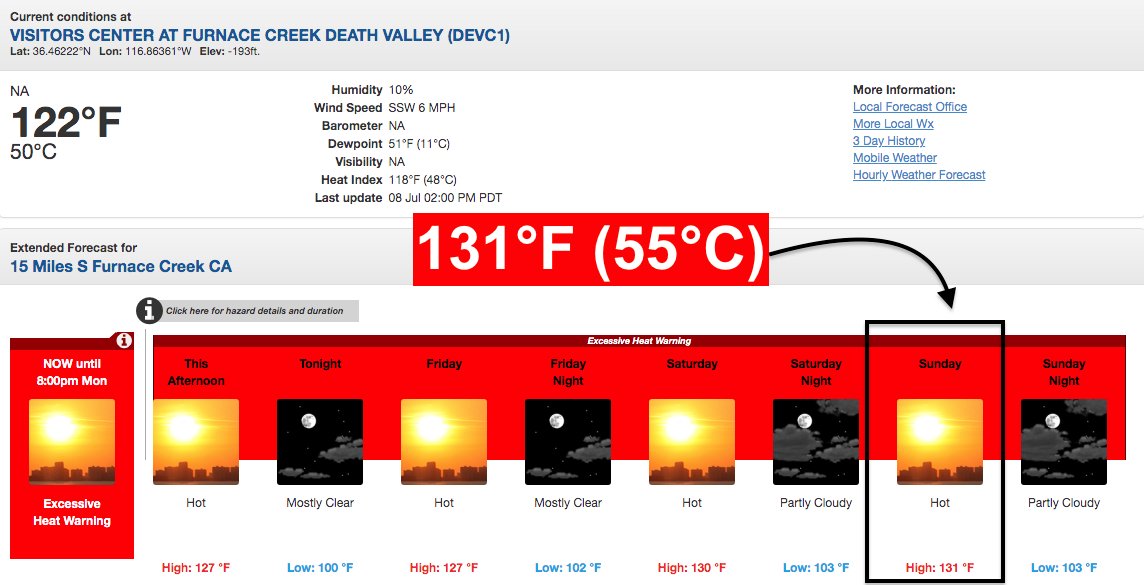




/cdn.vox-cdn.com/uploads/chorus_asset/file/25408886/post_logo.png)


